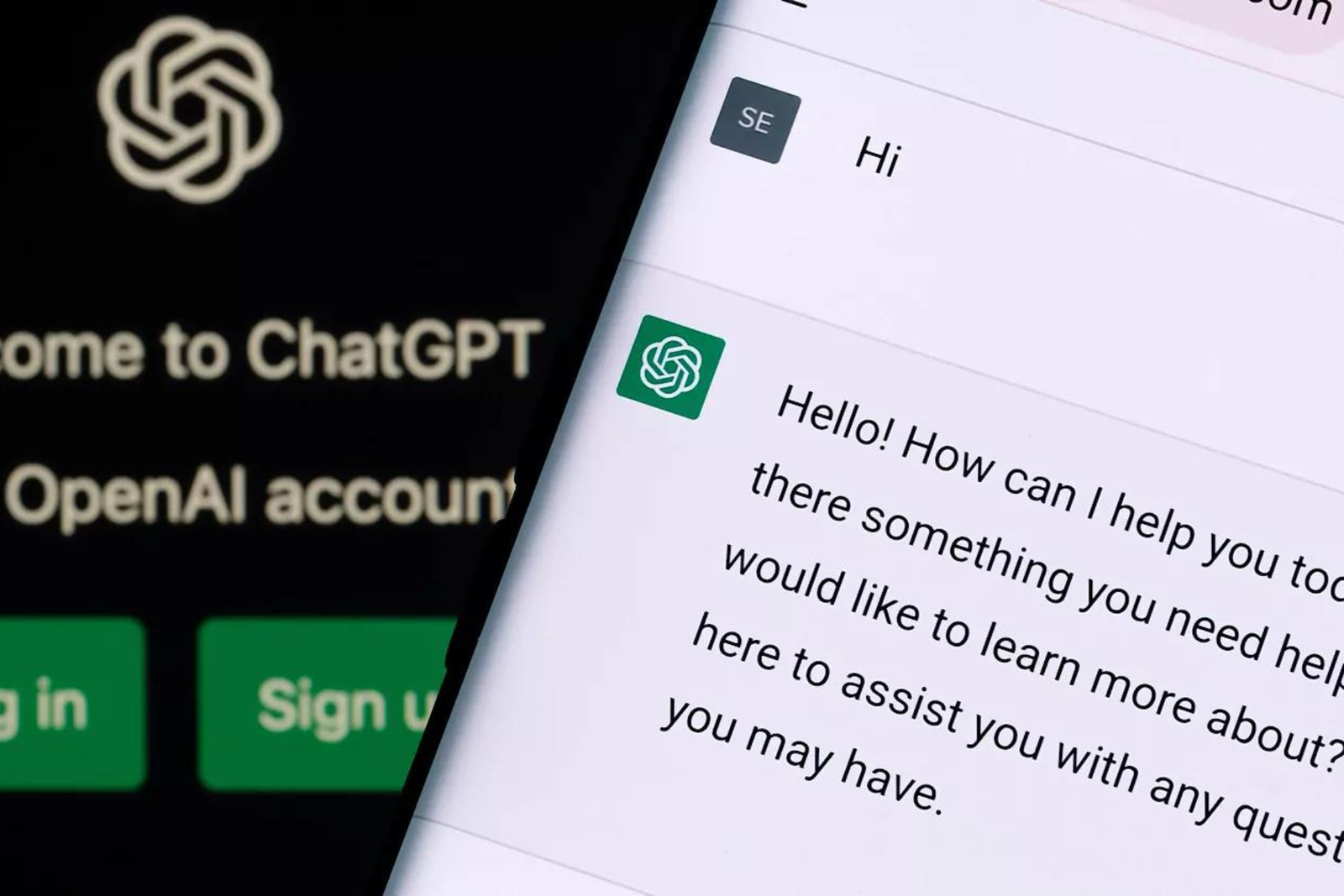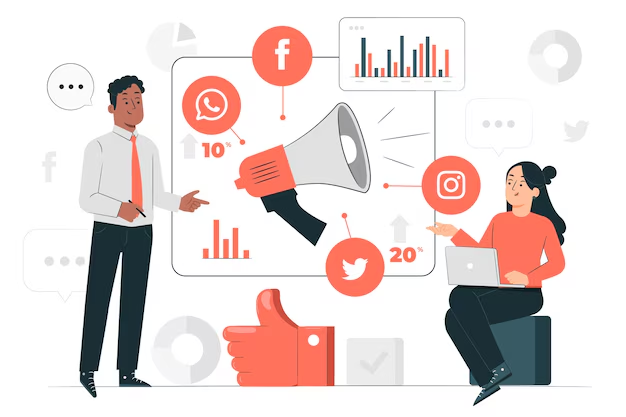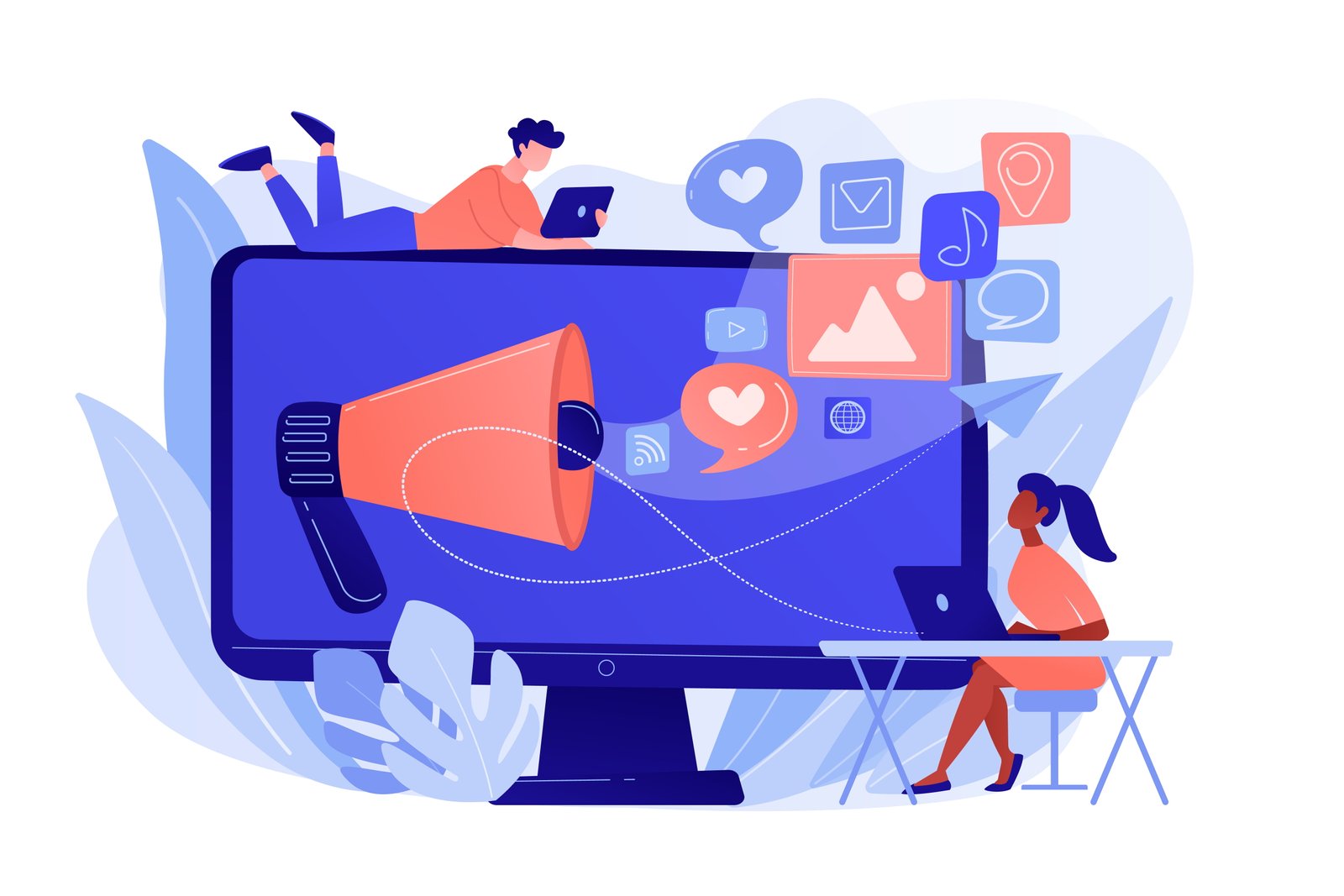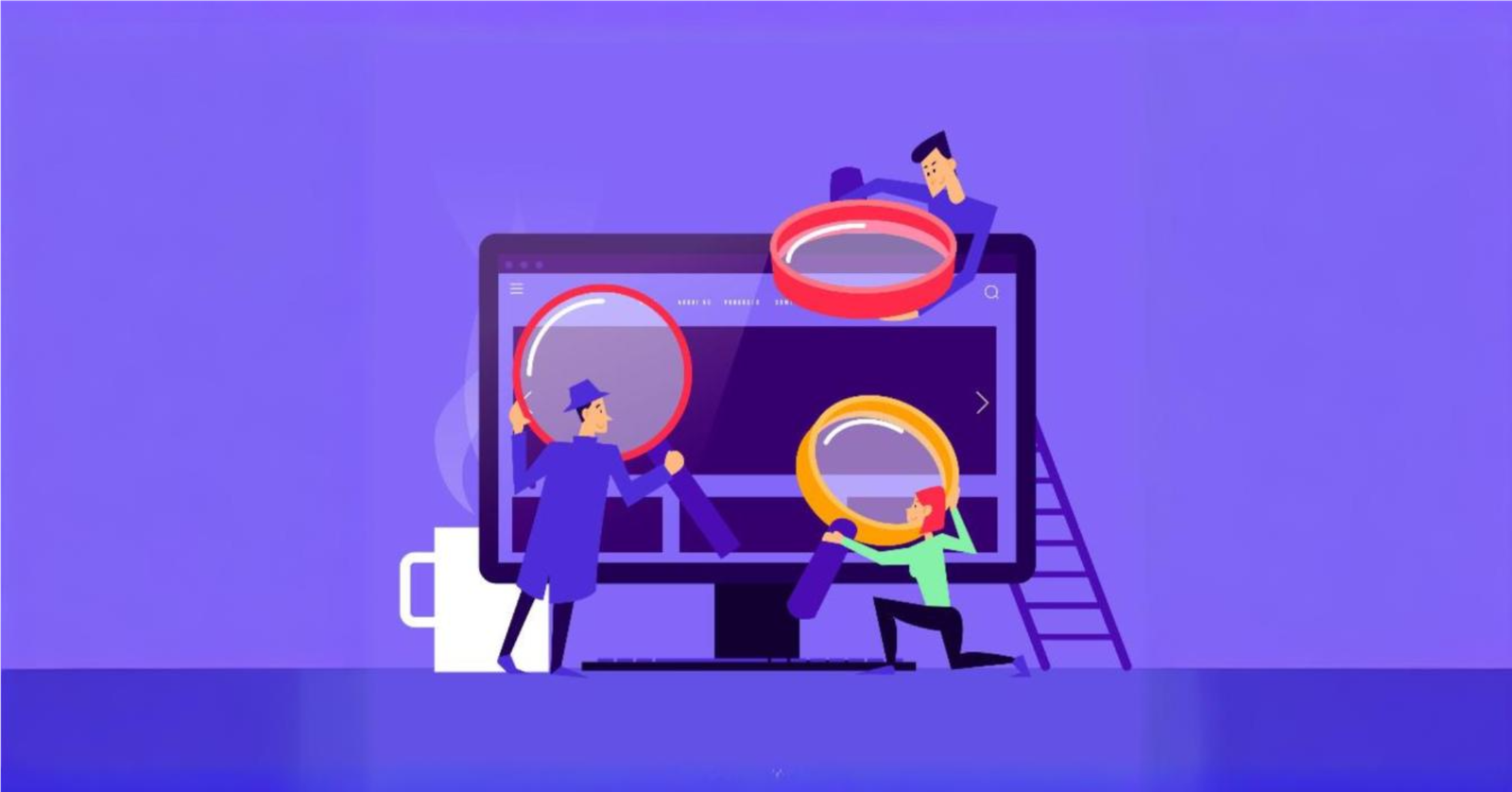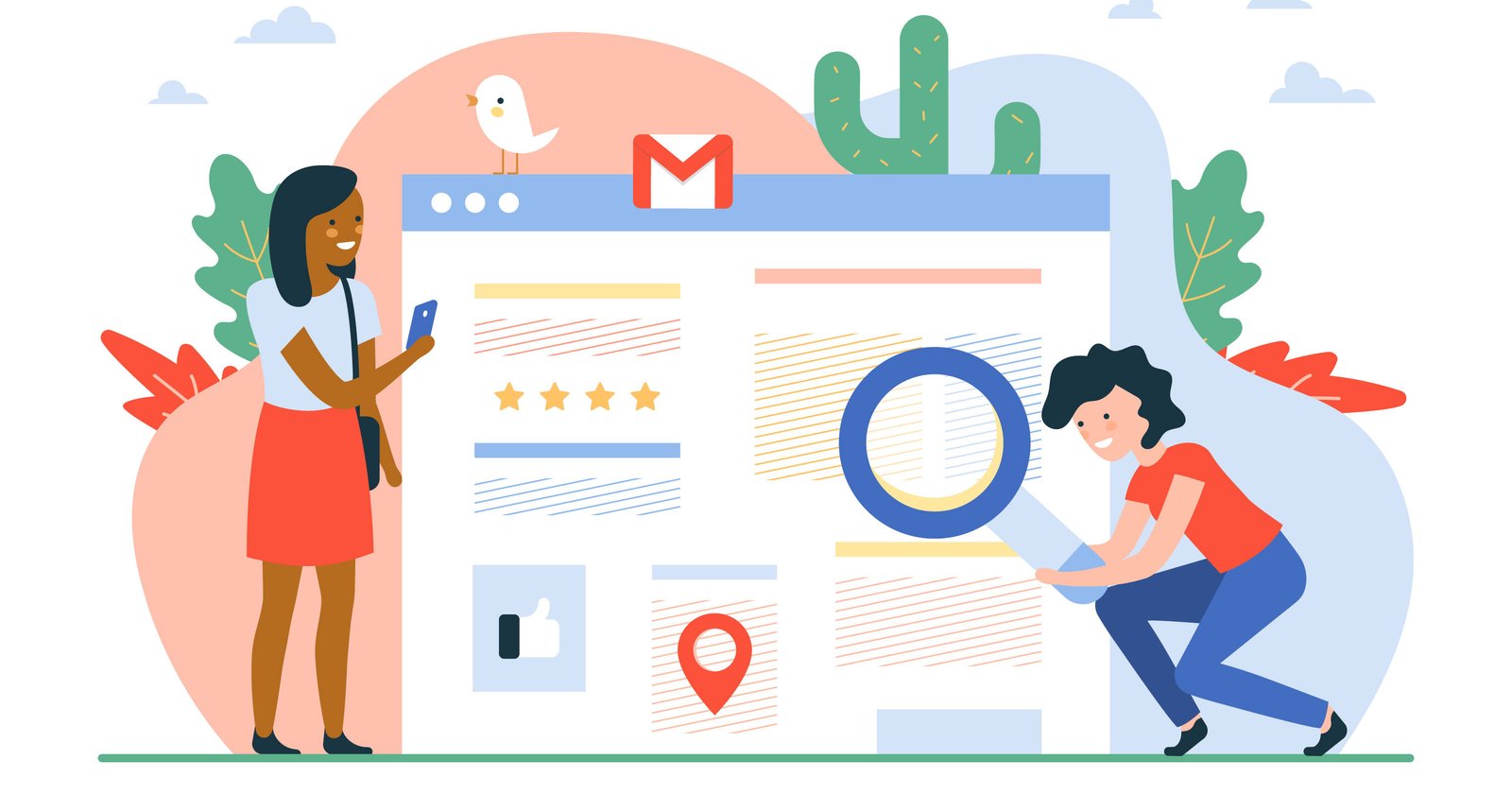The Future of SEO if ChatGPT Replaces Search Engines
Have you ever thought about what might happen to SEO if search engines like Google were no longer the main way to find information? With AI models like ChatGPT becoming more popular, this could be a real possibility. These models can give quick answers to questions, which might change the way people search online. So, what does this mean for SEO? Let’s break it down.
How SearchGPT Looks
Source: Openai
How SEO Works Today
Right now, 70% of marketers say that SEO is more effective than PPC for driving sales. SEO (Search Engine Optimization) is all about making sure content shows up when people search for something online. Whether it’s a recipe, news article, or product, businesses want their websites to appear at the top of search engine results. They do this by using keywords, creating good content, and making sure their websites are easy to use.
For example, when you search for “best pizza recipe,” Google looks for web pages that match those words and ranks them based on how useful they seem. The better the SEO, the higher a website will appear in the search results.
What Happens if ChatGPT Takes Over?
Now, imagine a world where you don’t need to sift through search results. Instead, you just ask ChatGPT a question, and it gives you a detailed answer right away. That’s pretty cool, but it also means that the way people find information could change a lot.
If ChatGPT becomes the go-to for getting information, the traditional search results page might not be as important. Instead of fighting to be on the first page of Google, businesses might need to focus on making sure their content is easily understood and useful for AI models like ChatGPT.

Content Creation Will Change
With AI taking the lead, the way content is created might need to change. 72% of marketers who implement SEO strategies find that content creation is their most effective tactic. Instead of focusing on specific keywords, content might need to be more about answering questions clearly and thoroughly. Since ChatGPT can understand context, content creators will need to focus on making sure their material is easy to understand and directly answers what people want to know.
For instance, if someone asks, “How do I bake a cake?”, a well-written step-by-step guide that’s easy to follow would be more valuable than a page stuffed with the words “bake a cake” repeatedly. The AI would likely choose content that offers clear instructions and useful tips.
The End of Search Engine Results Pages?
If AI becomes the main way people get answers, the traditional search engine results pages might become less important. This means businesses won’t be as focused on getting to the top of Google’s first page. 75% of users never scroll past the first page of search results, which is why rankings are so important today.
But in a future dominated by AI, businesses might focus more on being included in AI-generated answers rather than ranking high on a search engine page.
Adapting to New Metrics
With these changes, the way success is measured might change too. Right now, businesses look at things like how many people visit their website or how high they rank in search results. Organic search drives 53% of all website traffic, so these metrics are crucial today.
If AI takes over, new ways of measuring success will be needed. For example, businesses might track how often their content is used by AI models or how much time people spend engaging with the information AI provides. This could lead to new strategies for making sure content is picked up by AI, like structuring information in a way that’s easy for AI to understand.
The Future of Digital Marketing
If SEO changes, digital marketing will likely change too. Right now, a lot of online ads are based on what people search for. But if people start using AI for their information, marketers might need to come up with new ways to reach their audience.
One possibility is that ads might become more personalized, with AI suggesting products or services based on what it knows about a user’s preferences. This could lead to more targeted marketing, where ads are shown to people who are most likely to be interested in them.
Challenges Ahead
One big challenge with AI taking over is making sure that the information it provides is accurate and unbiased. AI models like ChatGPT learn from huge amounts of data, and sometimes that data can be flawed or biased. This could lead to misinformation being spread if not carefully monitored.
64% of consumers say they would trust AI more if they understood how it makes decisions. Content creators and businesses will need to be extra careful to make sure their information is correct and fair. If AI is using their content to provide answers, any mistakes could be spread widely.

A Decade in SEO: Personal Thoughts
As someone who has spent over a decade working in SEO, I’ve seen the landscape change in ways I couldn’t have imagined when I first started. Back in the early days, it was all about stuffing pages with keywords and getting as many backlinks as possible. If you did that, you’d rank high on Google, no questions asked.
But as time passed, things became more complicated. Google got smarter, and so did SEO strategies. Suddenly, it wasn’t enough to just have a lot of keywords; the content had to be genuinely useful, well-written, and mobile-friendly. This evolution kept the work interesting and challenging, always requiring me to stay on my toes.
When I think about the possibility of AI like ChatGPT changing the game entirely, I can’t help but reflect on how SEO has always been about adapting to change. I remember when Google introduced the Panda and Penguin updates—those were huge shake-ups that forced everyone in the industry to rethink their strategies. And while those updates were challenging, they also pushed us to create better content and deliver a better user experience.
So, the idea of ChatGPT stepping in as a new way to find information feels like another one of those big moments. It’s not something to be afraid of but something to learn from and adapt to. We’ve always had to be agile, and this is just the next step.

What Does This Mean for You?
If you’re a content creator, marketer, or business owner, this shift could mean rethinking how you approach your online presence. Instead of just aiming to rank high on Google, you might need to consider how your content can be useful to AI models. It’s all about creating clear, well-structured, and accurate information that AI can easily understand and use.
In the end, SEO has always been about getting the right information to the right people, and that won’t change. How we do it might look a little different in the future, but the goal remains the same. So, while the tools and tactics might evolve, the core principles of SEO – creating value, being useful, and staying adaptable- will continue to be the foundation of success in the digital world.
Read Out This
Featured Image: Ascannio/Shutterstock

